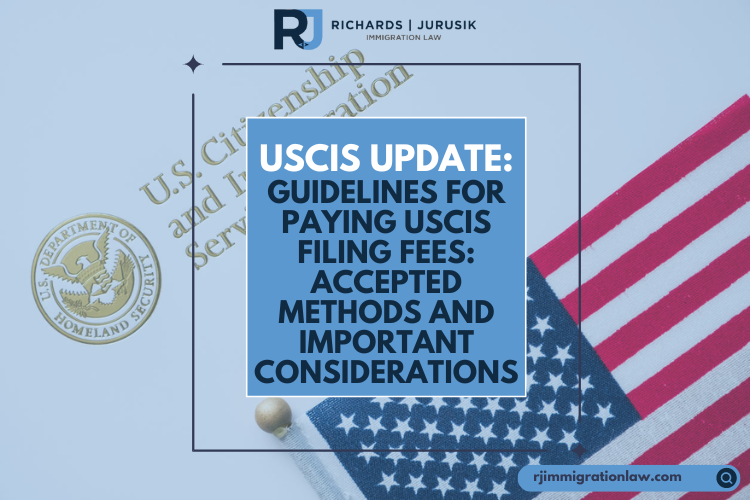

When submitting a petition or application to U.S. Citizenship and Immigration Services (USCIS), it is crucial to adhere to their guidelines regarding filing fees, including using acceptable payment methods. USCIS has updated its payment processes, now requiring each filing fee to be paid separately.
Each of these payment methods ensures that your application complies with USCIS requirements, but it’s essential to ensure they are correctly filled out and submitted.
When paying by check (personal or cashier’s), ensure that it is made payable to the U.S. Department of Homeland Security. Be sure to include the correct amount and write your USCIS case number on the check for easy reference.
To pay by credit card, fill out Form G-1450, Authorization for Credit Card Transactions, and attach it to your application or petition. This form allows USCIS to charge the filing fee(s) directly to your credit card.
It’s important to note that once your application or petition is filed with USCIS, the associated filing and biometric fees are non-refundable, regardless of the outcome or if you choose to withdraw your case. Ensure you meet the eligibility criteria for the benefit you are requesting before filing.
USCIS now requires that each filing fee be paid separately. This is part of USCIS’s move towards more efficient, electronic processing of cases. Submitting a single, combined payment for multiple forms could lead to the rejection of your entire package. To avoid any issues, provide a separate payment for each required filing fee.
Adhering to USCIS’s filing fee payment guidelines is essential for the smooth processing of your application or petition. By following these updated payment procedures, applicants can avoid unnecessary delays or rejections.
You may have questions regarding U.S. immigration laws and visas. We invite you to reach out to our team at Richards and Jurusik for detailed guidance and assistance. Our goal is to provide you with the most accurate and up-to-date information to make your immigration process smoother and less stressful. The immigration lawyers at Richards and Jurusik have decades of experience helping people to work and live in the United States. Read some of our hundreds of 5-star client reviews! Contact us today for an assessment of your legal situation.
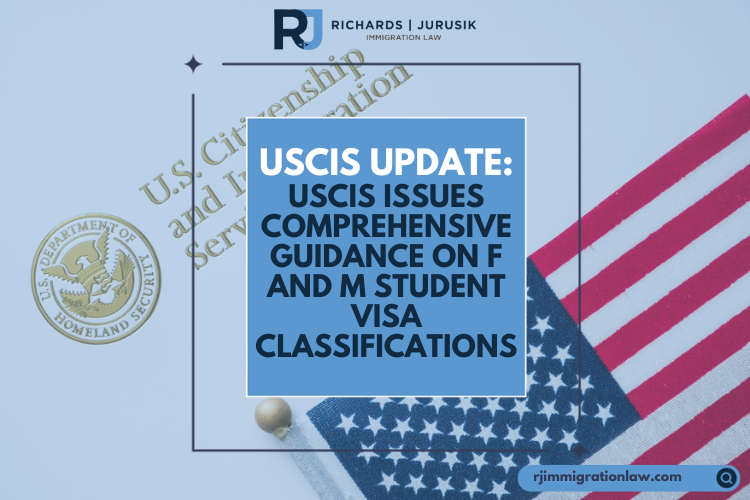
USCIS releases vital policy guidance on F and M student nonimmigrant classifications, offering clarity on topics such as eligibility requirements, school transfers, and employment. Discover key insights, including the flexibility for F and M students in certain scenarios, and how this guidance aims to provide a comprehensive resource for both students and U.S. educational institutions.
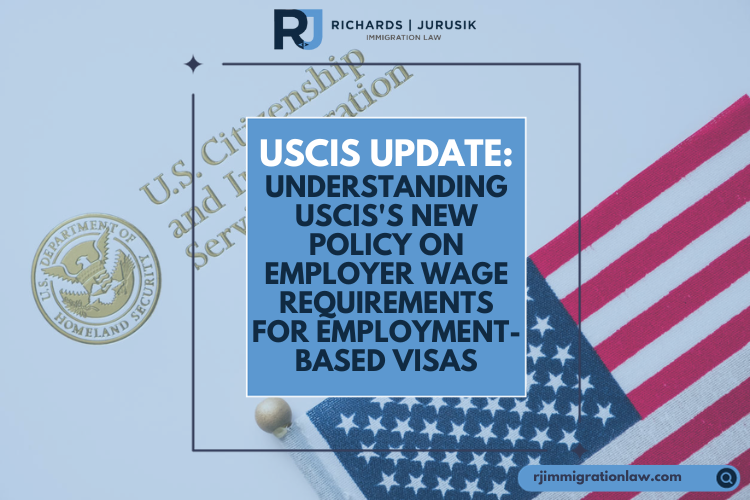
The U.S. Citizenship and Immigration Services (USCIS) has recently updated its policy guidance regarding employer wage requirements for certain employment-based immigrant visas. This crucial update affects how employers prove their ability to pay wages to beneficiaries, particularly in cases of changing employers. Learn more about these important changes and how they might impact your employment-based visa petition.
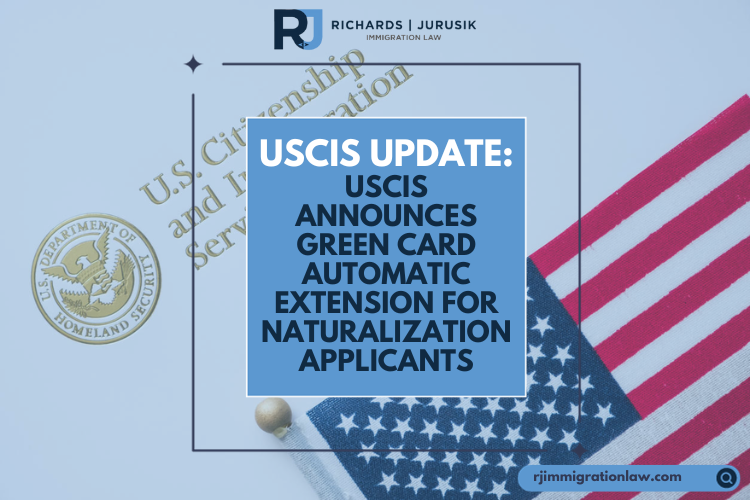
Learn about the USCIS’s new policy offering an automatic 24-month extension to Green Cards for applicants of US Citizenship, effective from December 12, 2022, and find out what steps to take if you applied before this date.
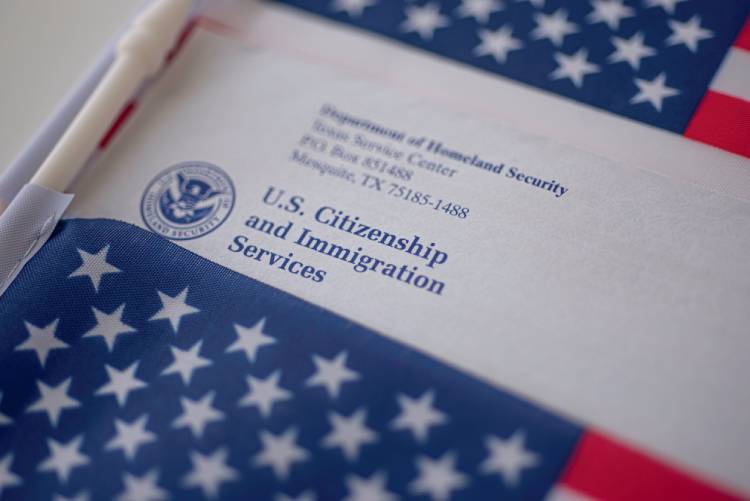
Starting May 22, 2024, USCIS is updating its guidance in the USCIS Policy Manual for family-based immigrant visa petitions. This update includes changes to handling approval notice errors, requests for consular processing or adjustment of status, and routing procedures for approved petitions. These changes affect Form I-130, Petition for Alien Relative, and in limited cases, Form I-360, Petition for Amerasian, Widow(er), or Special Immigrant.
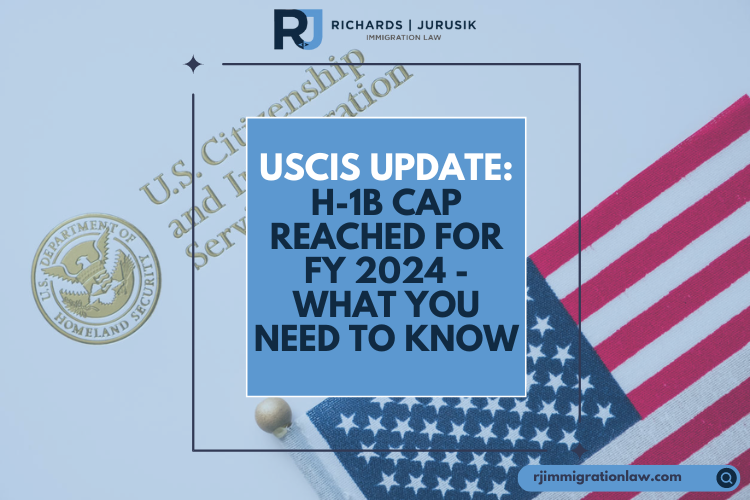
USCIS has reached the H-1B visa caps for FY 2024. Learn about the non-selection notifications, exemption details, and what actions you can still take. Explore the options for current H-1B workers and stay updated on the latest developments in the H-1B cap season by subscribing to email updates.

In a significant update to immigration services, the U.S. Citizenship and Immigration Services (USCIS) has finalized a new rule to adjust certain immigration and naturalization benefit request fees. This marks the first significant adjustment in these fees since 2016 and will take effect on April 1, 2024. The changes are designed to help USCIS recover a substantial portion of its operational costs and support more efficient application processing.